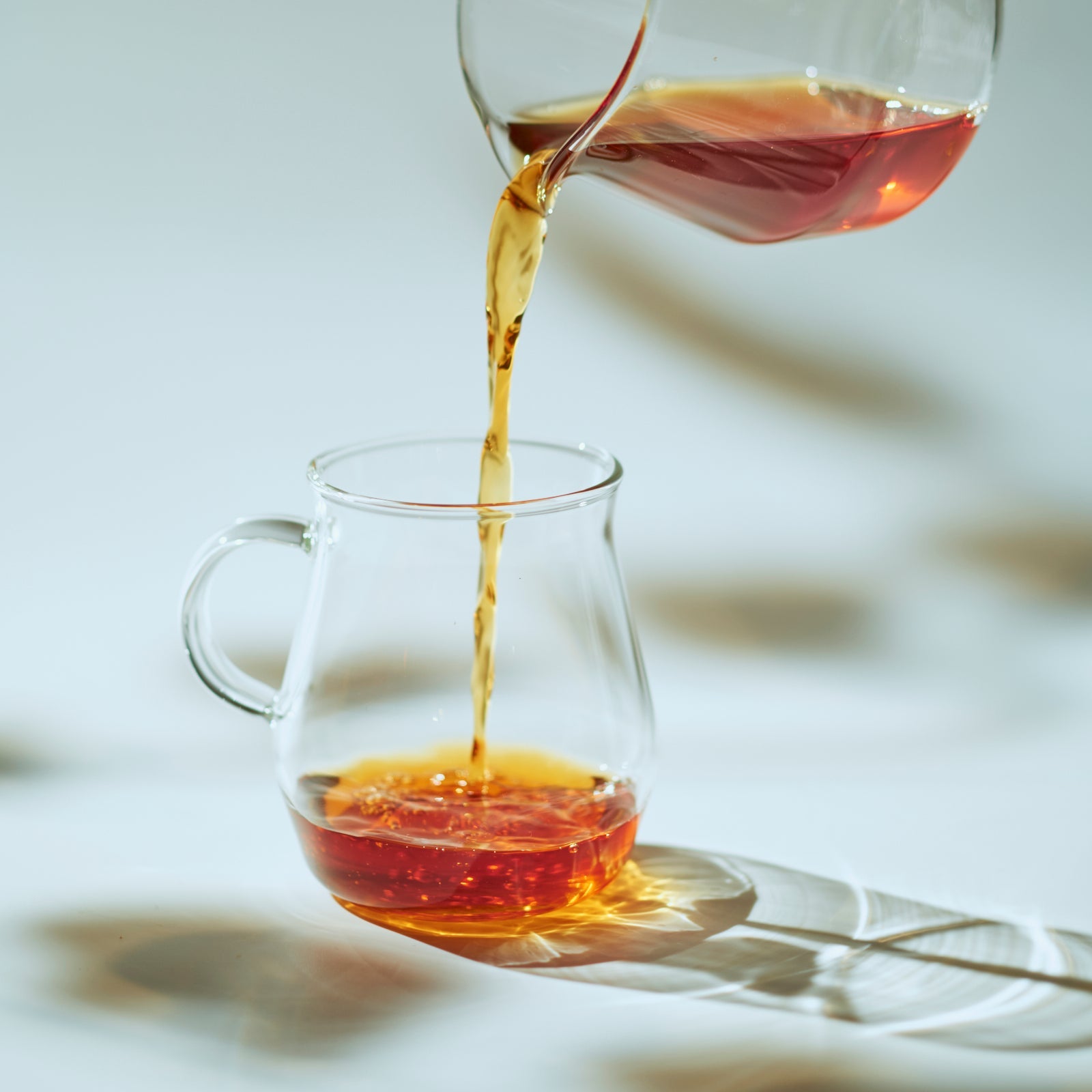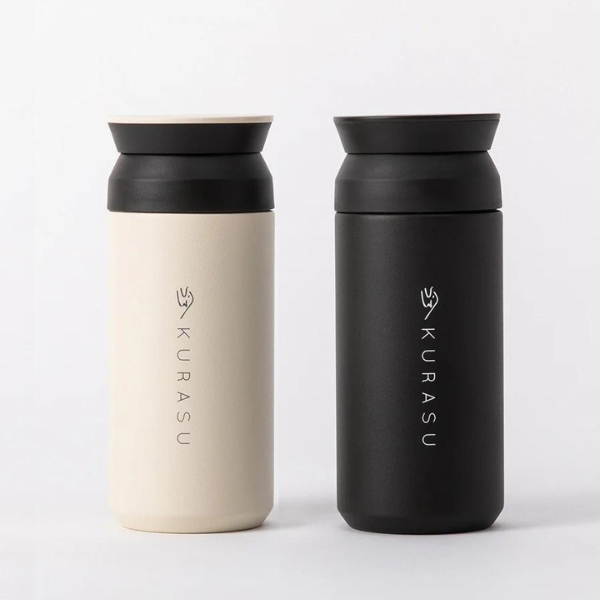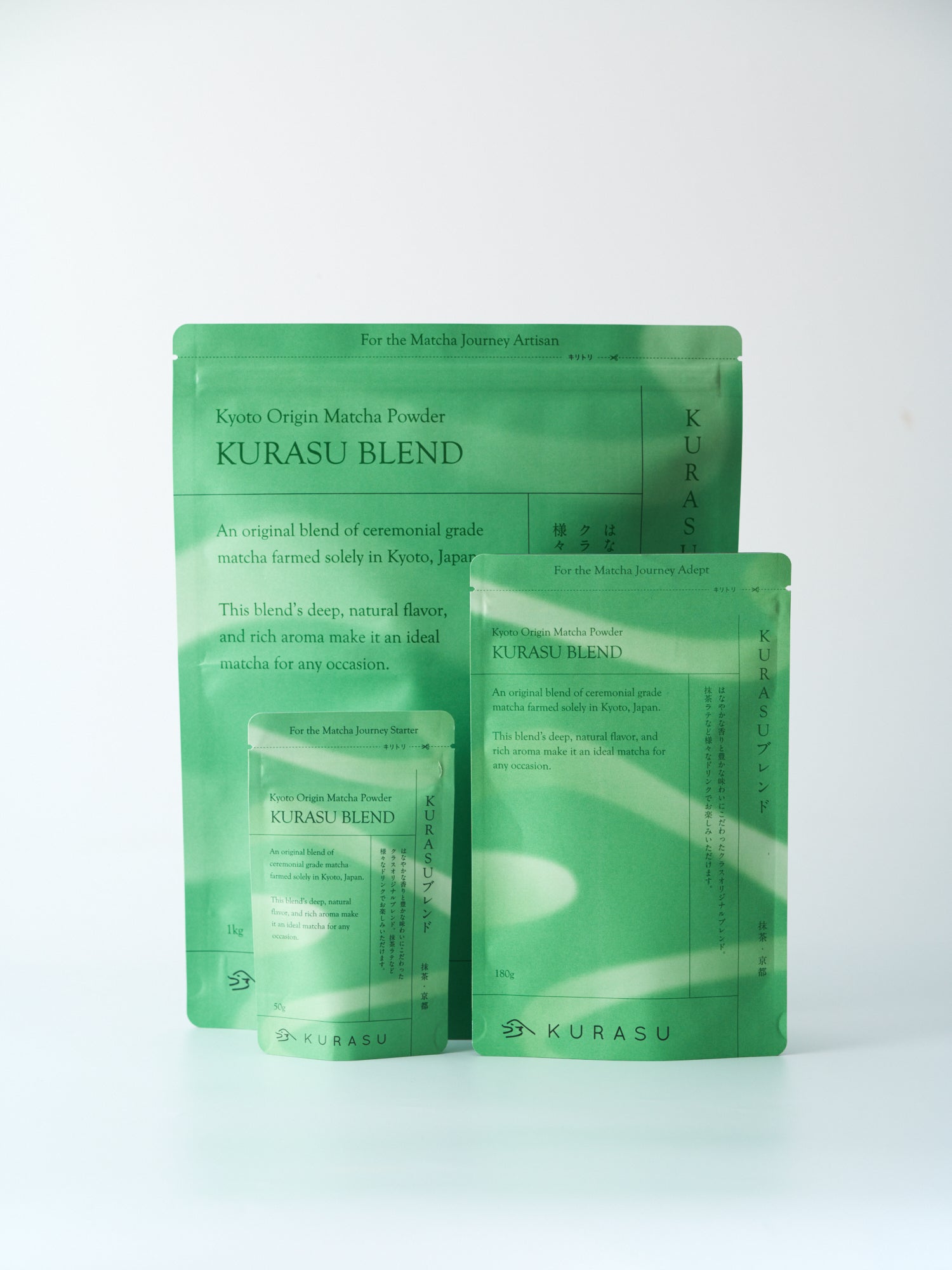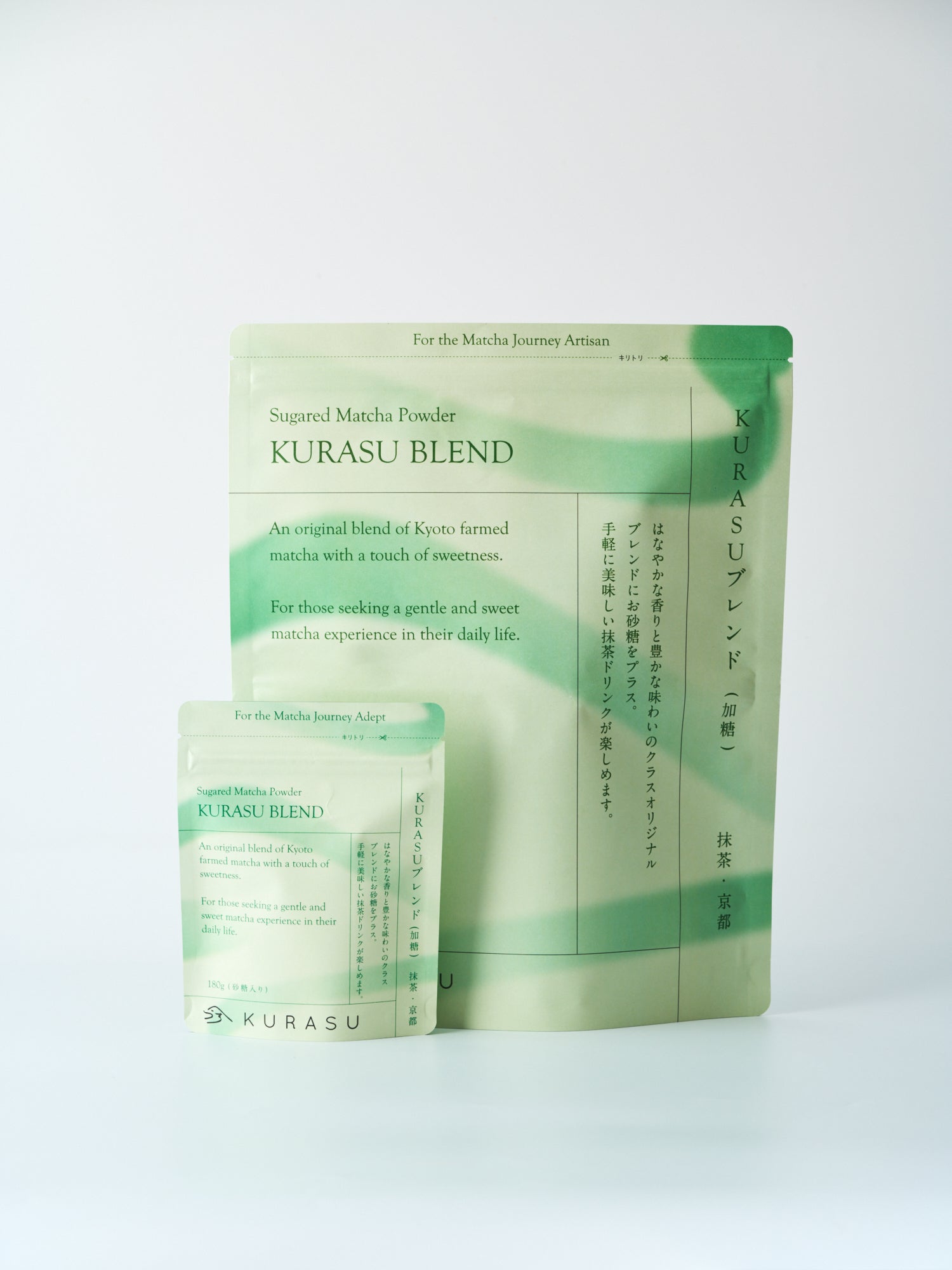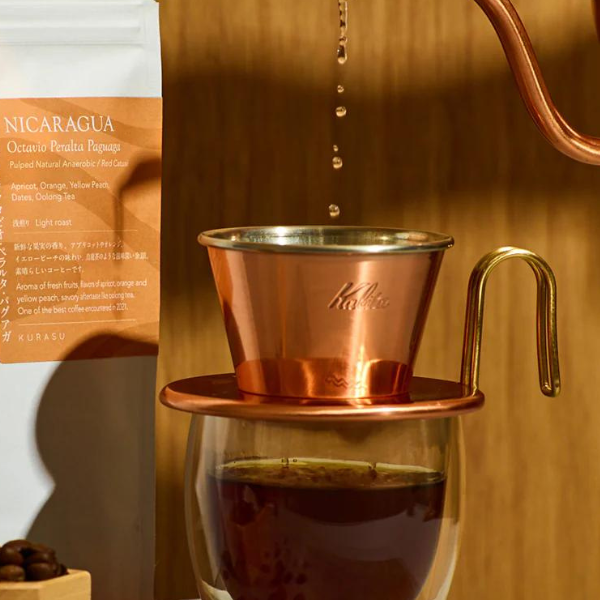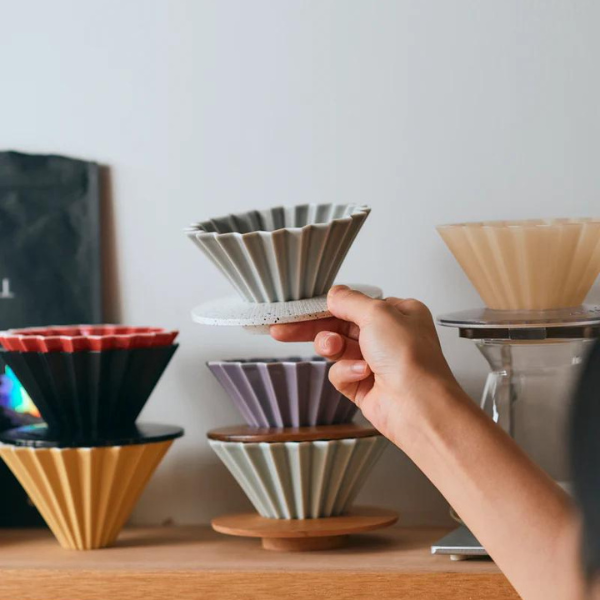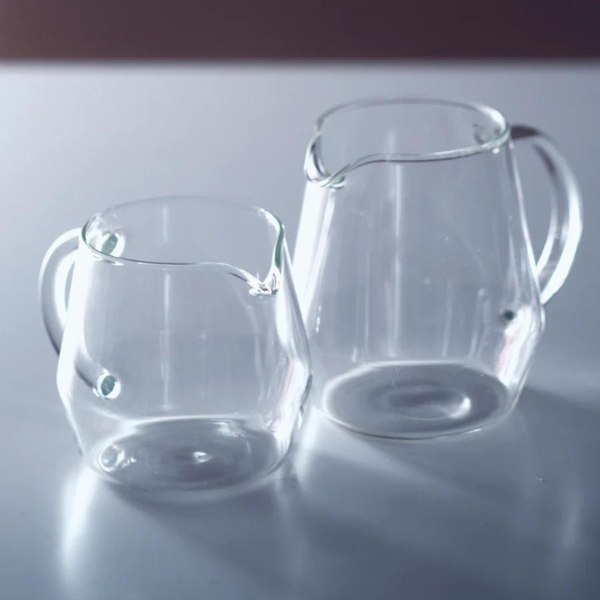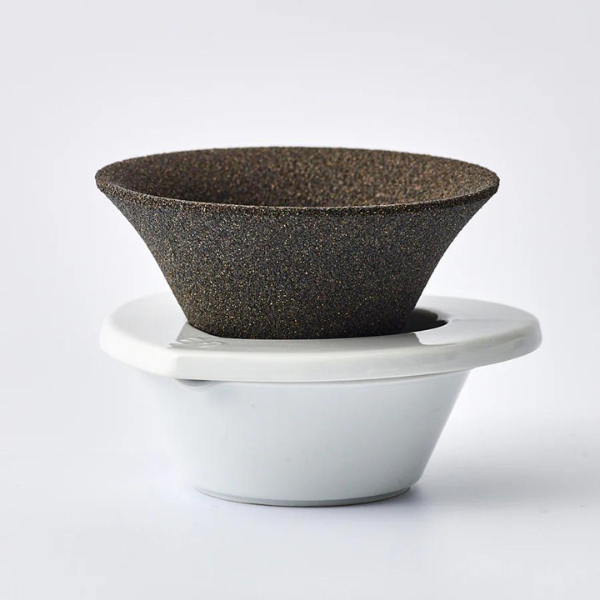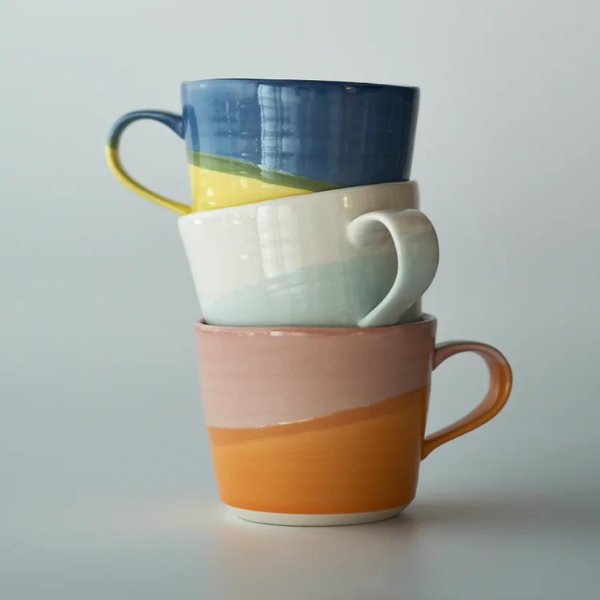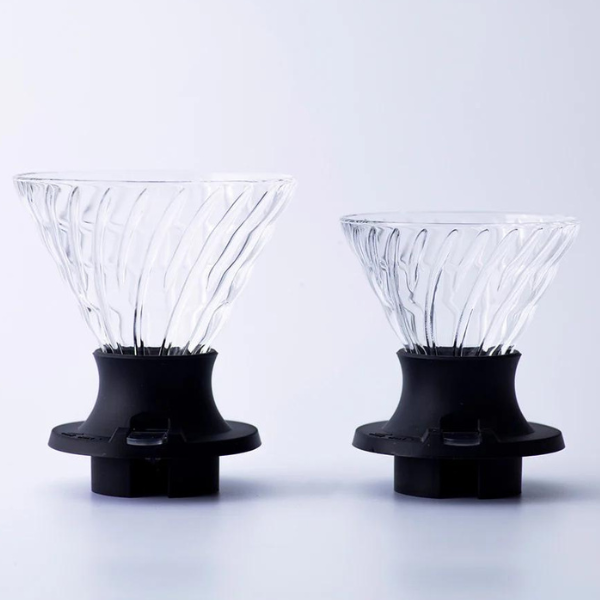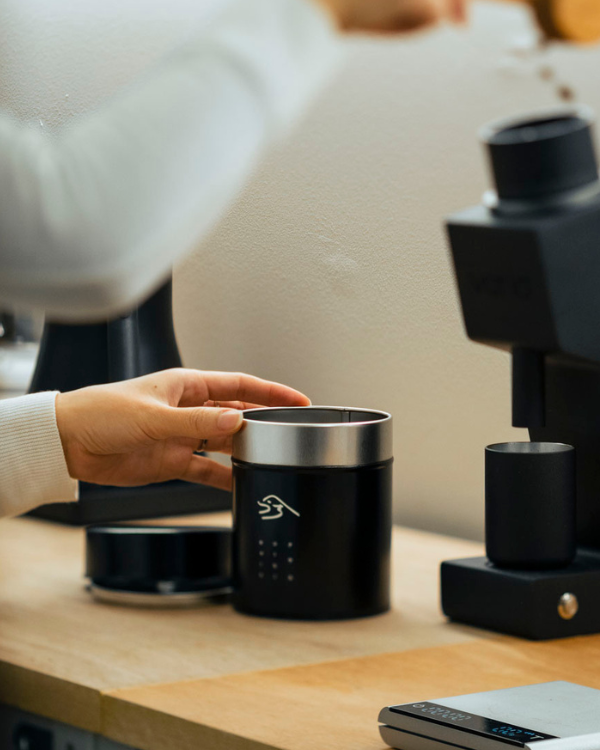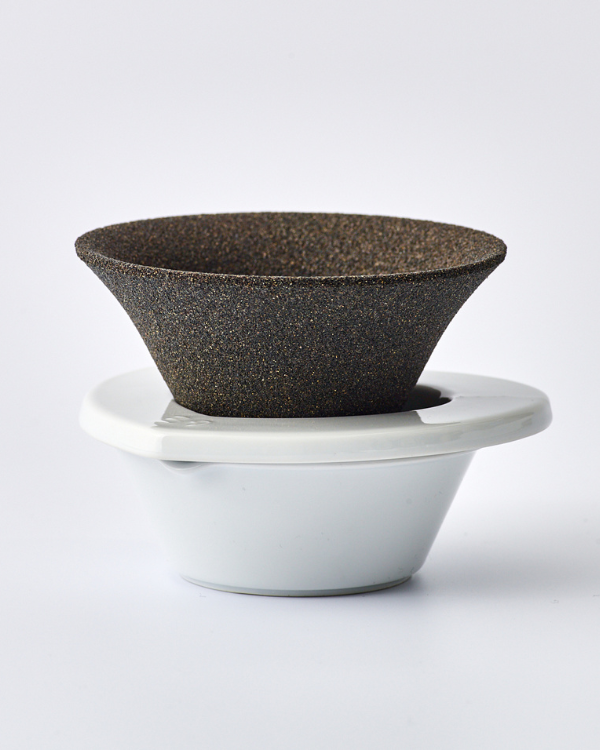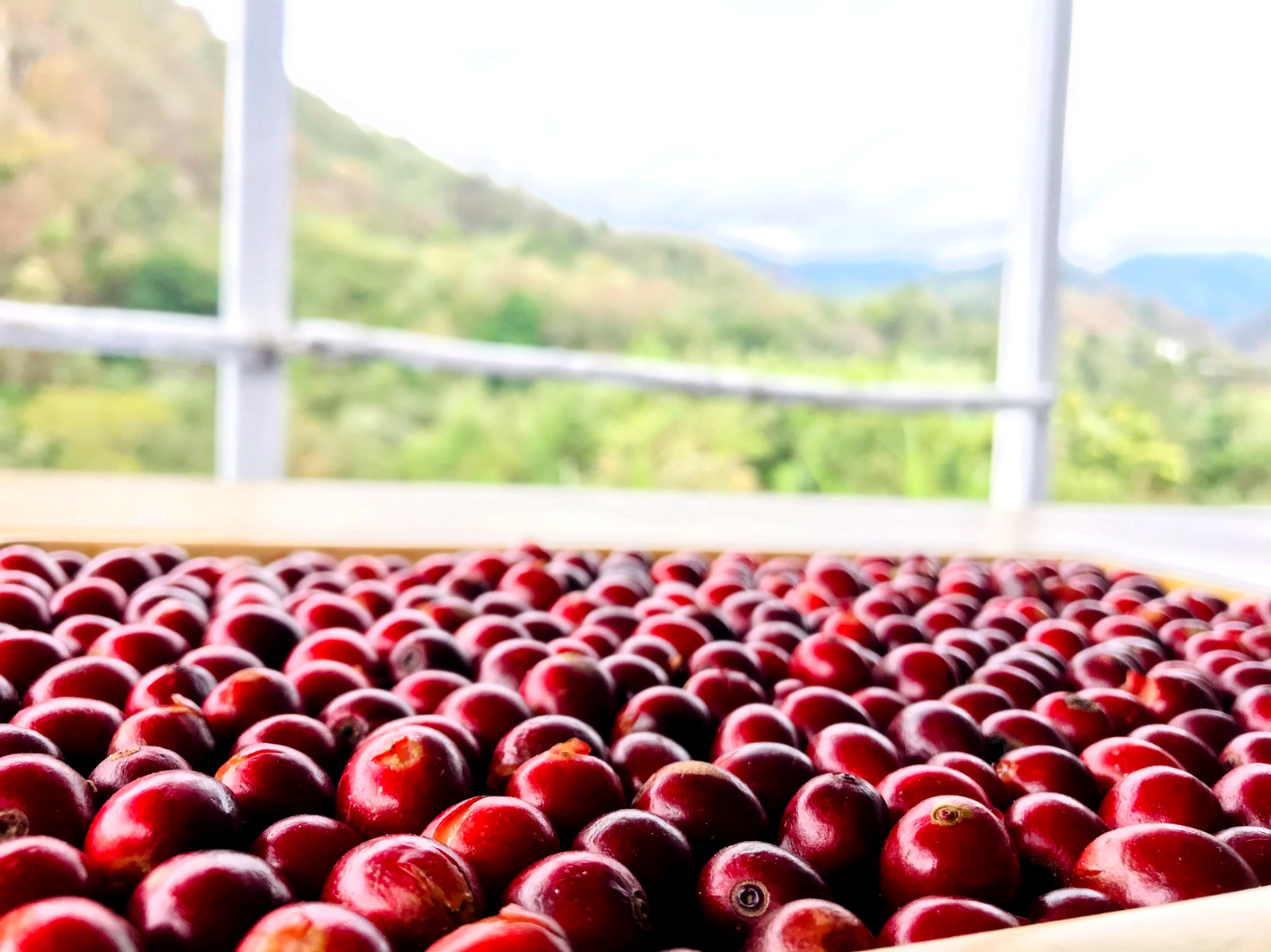Our delicious cascara from Guatemala is back!
To celebrate this happy reunion, we will tell you all about this superfood specialty coffee lovers have been talking about- “what’s cascara?” and “how to drink cascara”. Enjoy!

What’s Cascara?
You may already know that coffee grows on a tree in a shiny, ruby red cherry/berry form.
Cascara is a byproduct of the process of those juicy cherries turning into the familiar, brown coffee beans in your kitchen.

Also called “coffee cherry tea”, cascara is a dried coffee cherry- the outer layer of the coffee cherry, with the beans inside removed to become the green beans. They used to be (and still are) simply thrown away as a worthless byproduct, unless they are used as a compost.
Little did we know that we were not only wasting the big part of the produce, but also wasting the opportunity to savor the sweet, newly recognized deliciousness.
Good coffee beans come from good cherries, ripen basking in sunshine - how did we not think that if the coffee is good, the cherry must be also good?
The collected cascara are sun-dried until they turn to a dark reddish color.

They taste nothing like coffee- mildly acidic like plum or rose hip, with a mellow, honey-like syrupy sweetness.
What makes cascara different from a regular dried fruit tea is, however, that they contain a low amount of caffeine. The caffeine contents are about ¼ to ⅛ of its beans, and can be consumed and enjoyed as often as black tea.
2 Reasons Why Our Cascara is Special
1. Drinking cascara is a great way of upcycling
First of all, consuming cascara rather than treating it as a waste itself is a sustainable choice. As previously mentioned, cascara has been largely disposed of as a production waste, and it often causes water pollution during the process.
By consuming them as a food instead of throwing them away, we can save food waste and pollution from happening, and the producers can also have an extra income that further stabilizes their business. By drinking cascara tea like you do coffee, you can make specialty coffee even more sustainable.
2. Our high grade cascara comes from a trusted, environment conscious producers

Cascara tastes great, and while that would be good enough to try it out, it’s even better to know that drinking our cascara is a great choice for promoting sustainability that is friendly both to workers and the earth.
We source our cascara from GOOD COFFEE FARMS, a small-scale producers’ co-op in Guatemala. Their CEO, Mr. Carlos Melen traveled to Japan then moved to Hokkaido, the north end of Japan, and has been establishing a wonderful network between coffee producers in Guatemala and Japanese consumers, to promote a sustainable coffee production.

GOOD COFFEE FARMS practices a very thorough traceability, by working closely with small-scale farmers while providing support with the production line.
This system helps ensure the perfect transparency for the consumers and the improvement of quality control and worker’s welfare.

Another notable attribute of GOOD COFFEE FARMS is their unique economical and ecological processing technique, called a dry bicycle pulping.
The pulping machine is powered by human pedaling on a bicycle attached to it- it does not require a vast amount of water nor electricity.

Tasting this top-notch cascara blessed by the bright sunshine in Guatemala is a wonderful reminder that coffee is indeed a fruit. Try it out!
(Photo credit: GOOD COFFEE FARMS)

